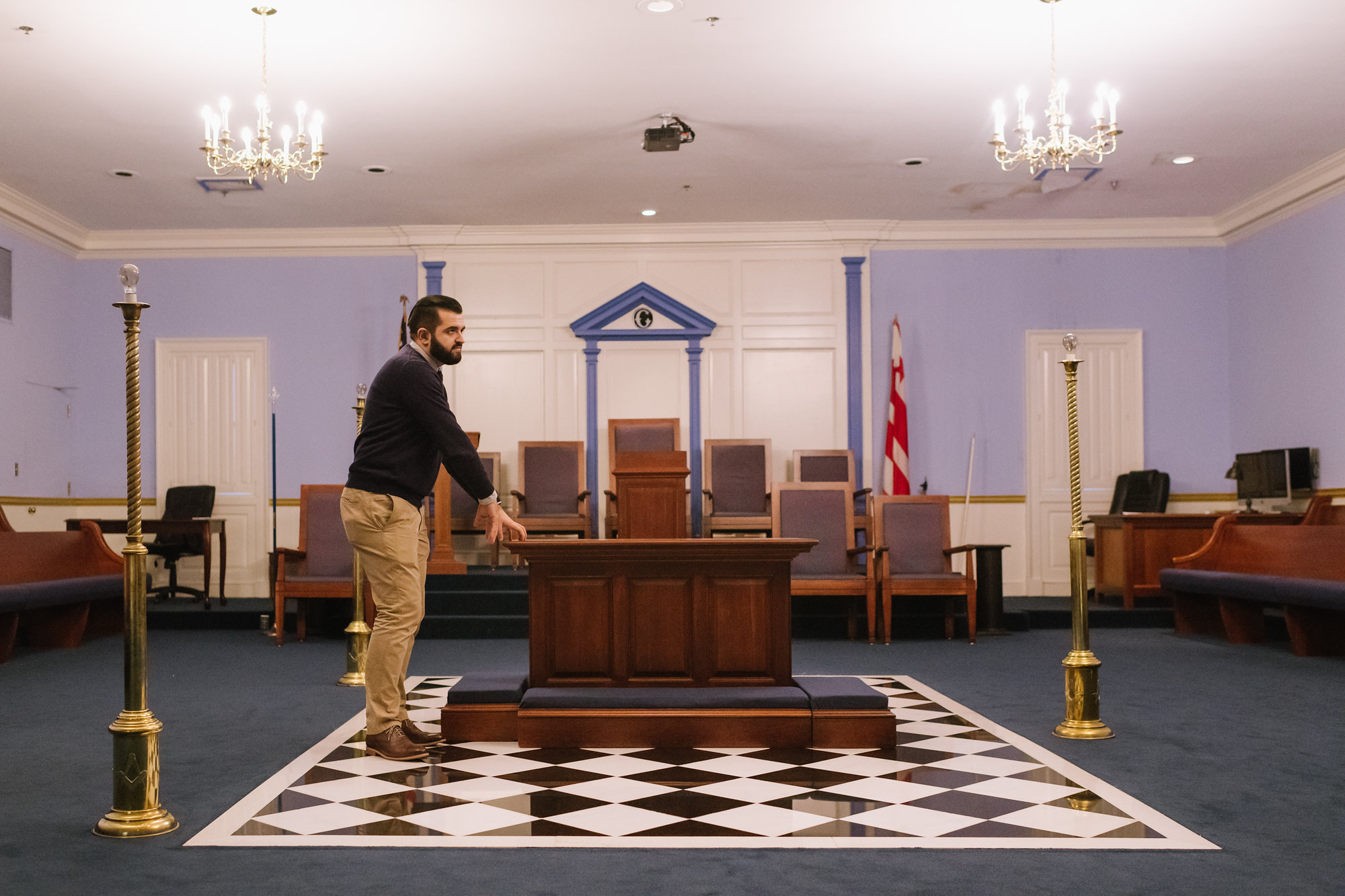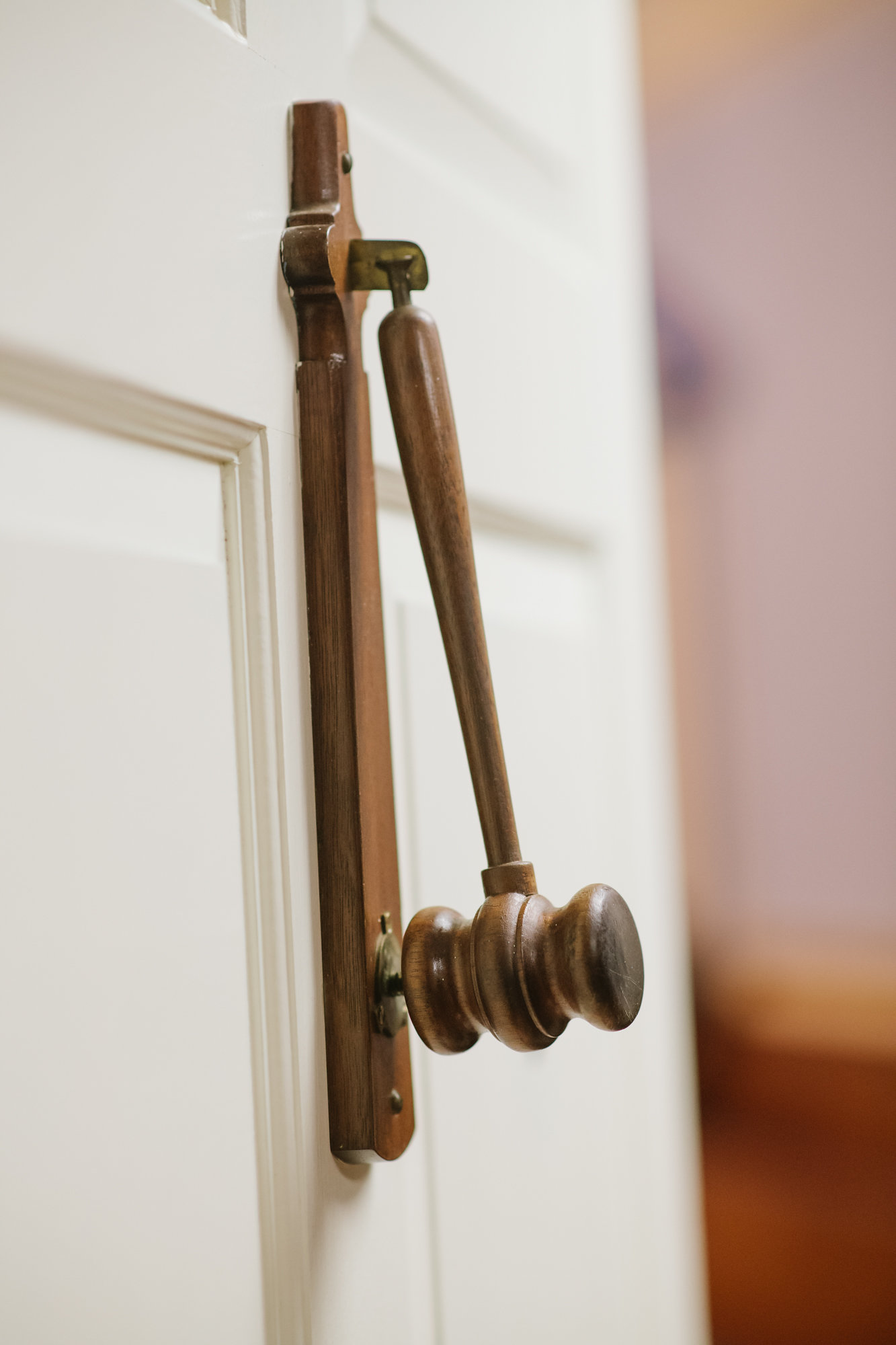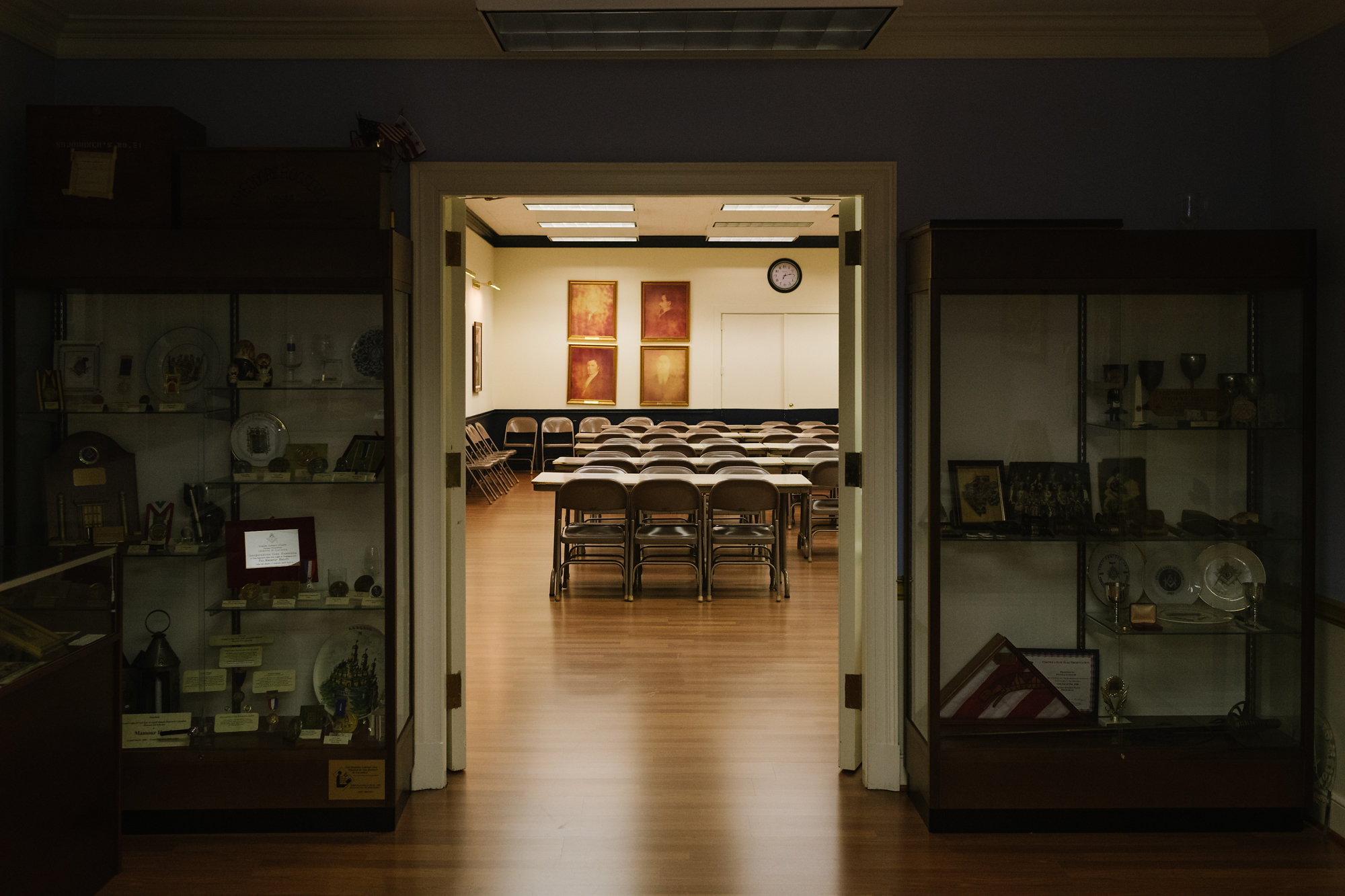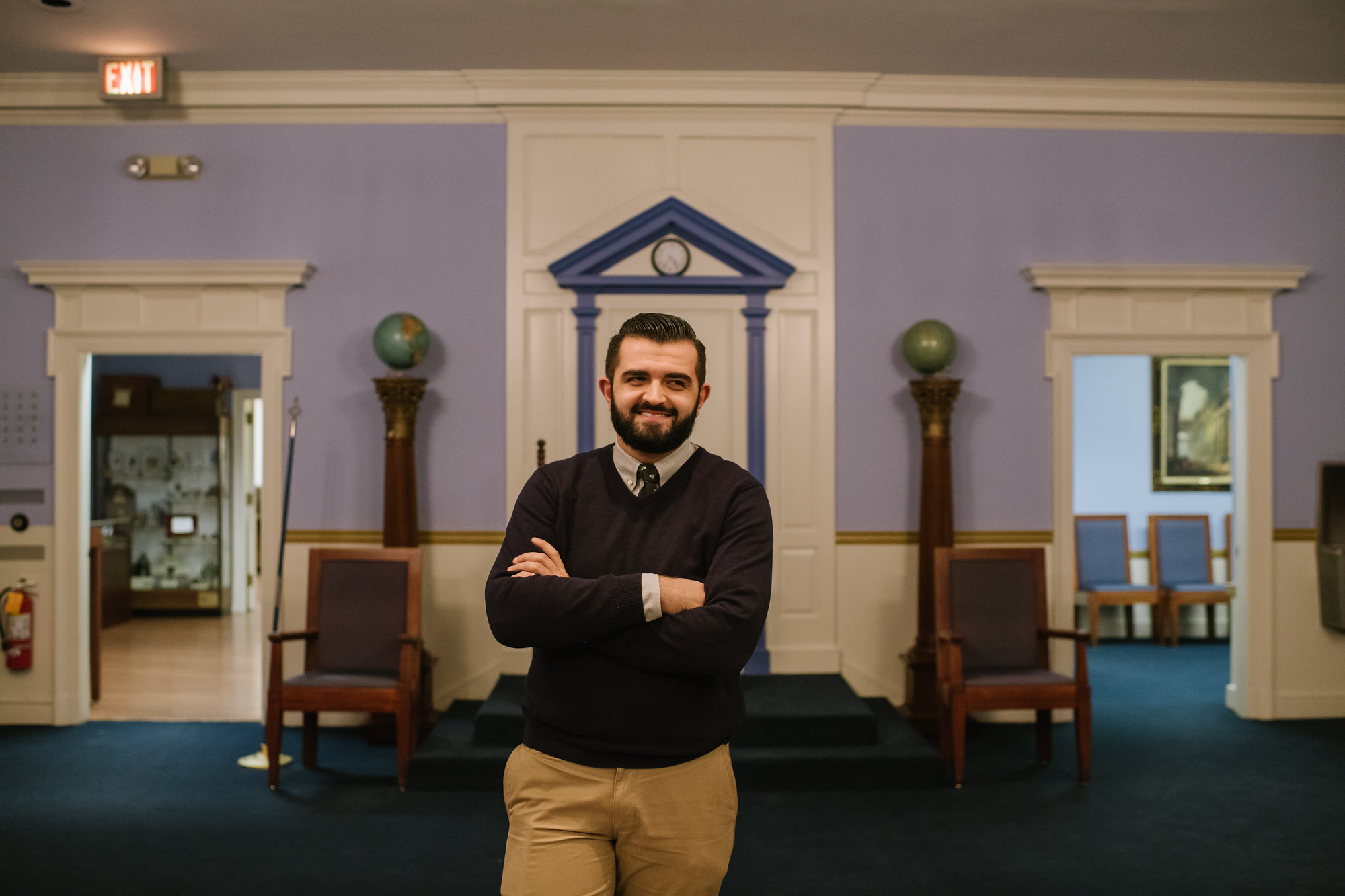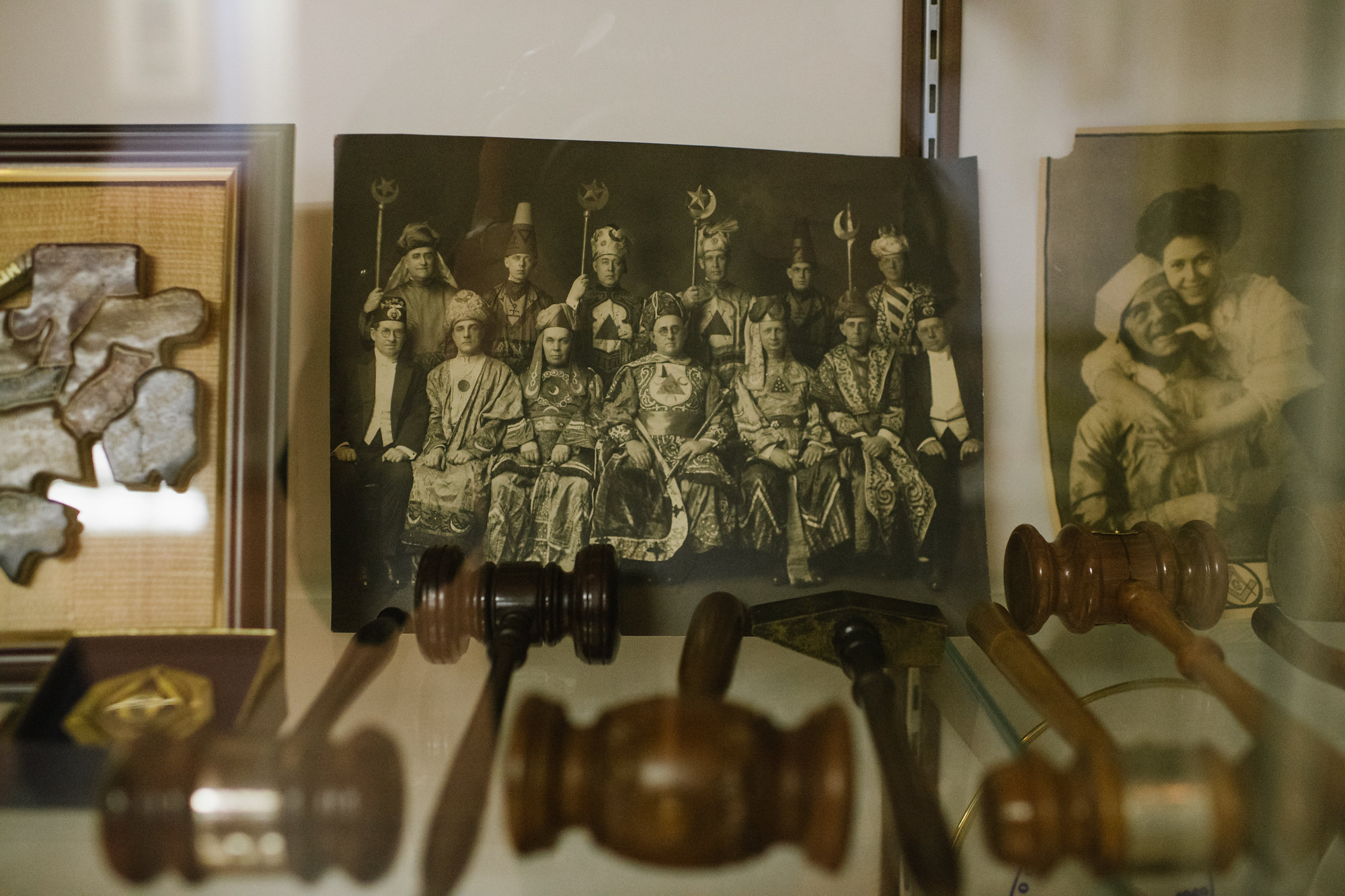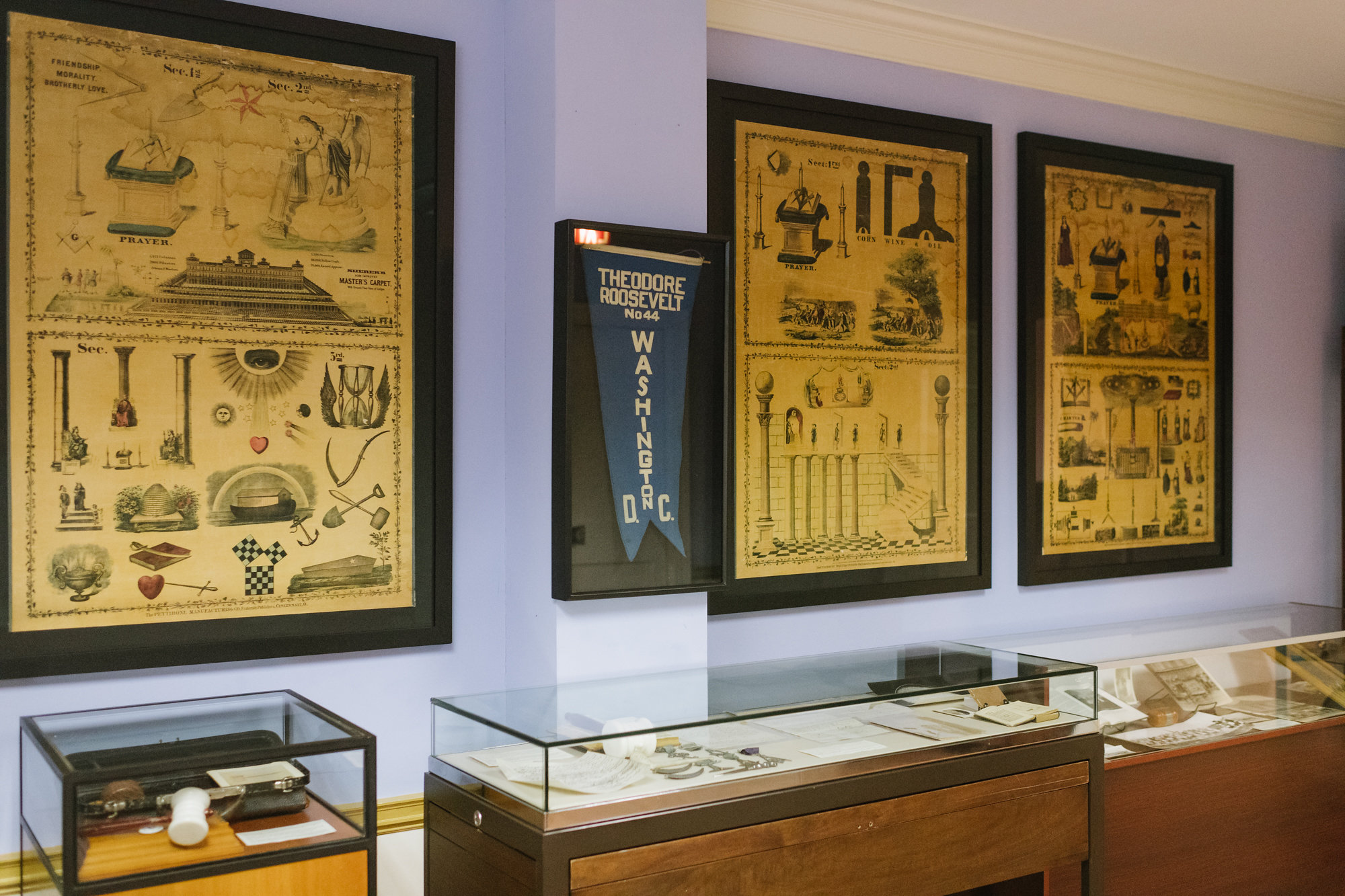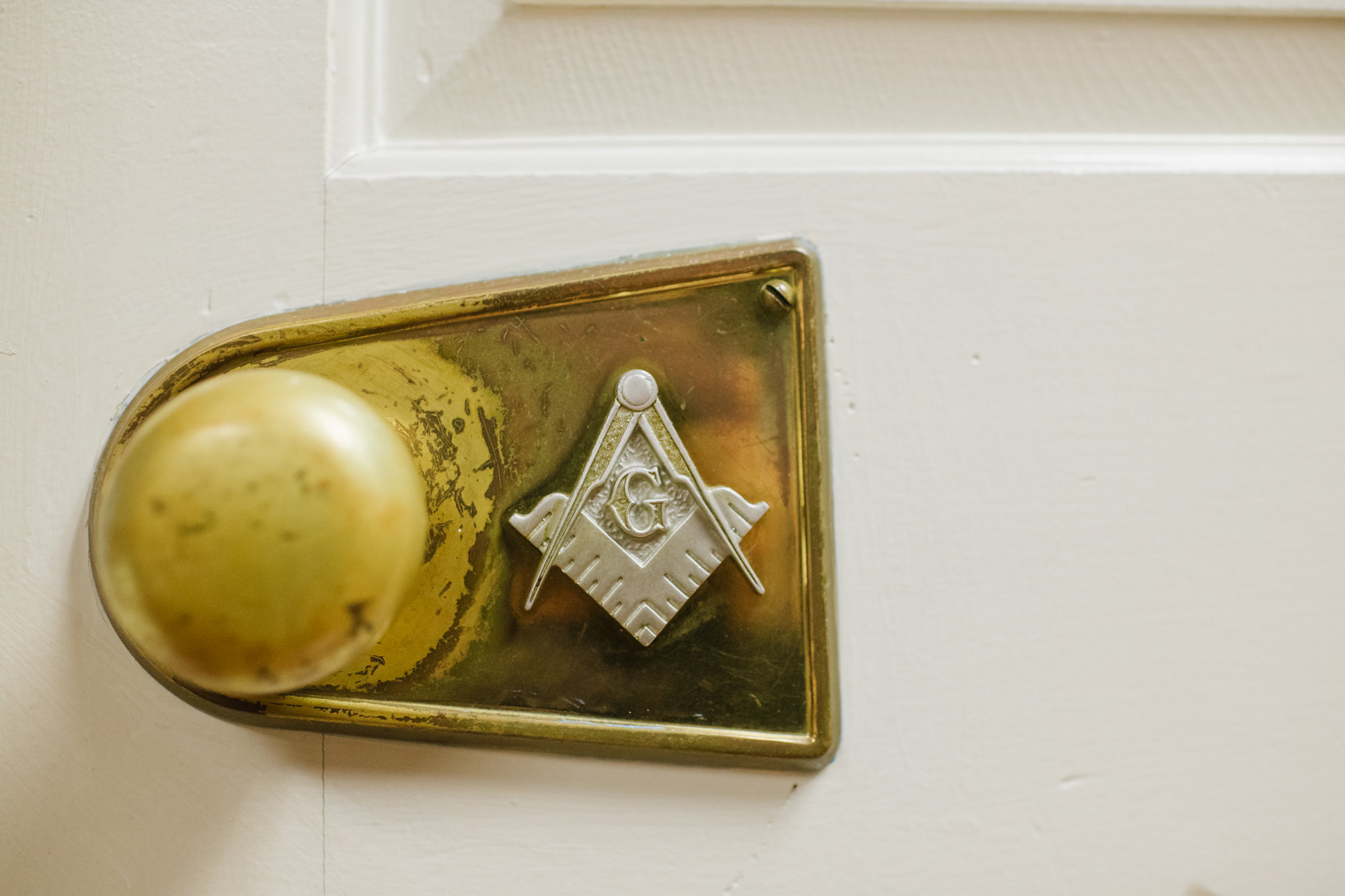‘I’m a Keeper of the Flame’
Freemasonry isn’t a secret society. It’s a society with secrets. There’s a difference, says Chris Ruli.
‘While I can’t mention what happens in a meeting, the impact can be felt outside in the community. There’s a misrepresentation that there’s a lot of secret stuff going on. That ‘secret stuff’ encompasses about 5 percent of what we do. Everything else, from new master installations to dinners and events, is open to the public.’
The world’s oldest and largest fraternity traces its origins to 14th century stonemasons, with the likes of George Washington, Benjamin Franklin and Richard Pryor among its members. Chris joined the brotherhood six years ago after moving to DC for a new job.
‘I didn’t know anyone here, and the kickball and softball leagues didn’t appeal to me. I wanted to do something more substantive, with a focus on research or history. I had an old teacher friend of mine who was a Mason, but I didn’t know anything about it. Two weeks after I moved, I called the Georgetown lodge and said, ‘I’m interested in becoming a Mason, and I have no idea how to start this process.’’
Chris spent the next year having dinner at Potomac Lodge No.5 with the Masons and guests at their hall. He courted others, but was drawn to Georgetown’s reverence for history and tradition. After a few months as a new member, he began doing some research and saw the lodge archives needed some attention.
‘Within two years, it turned into a passion,’ says Chris, now the lodge historian. ‘I became interested in understanding the relationships between Georgetown’s founders and introducing people to stuff that is rarely written about. It continues to be my passion. For me, it’s about keeping the stories alive for people to know a little bit about the founding of DC. This lodge was one piece of that jigsaw puzzle. I know this sounds cliché, but I’m a keeper of the flame.’
In its infancy, Potomac Lodge No. 5 was made up of the most affluent merchants and civic leaders in town. It was chartered by Charles Fierer, a German Hessian who was captured at the Battle of Trenton, defected, and became a Major in the U.S. Calvary. After sustaining a battle wound, Charles moved to Georgetown and printed the first newspaper, The Times and Patowmack Packet, in 1789. He became the first Master, or head, of Potomac Lodge No. 5, publishing weekly meeting notices in the newspaper.
The first Chief Clerk of Georgetown, John Mountz, was also member, as was the fourth mayor, Peter Casanave—Master of the lodge the year the Potomac laid the cornerstone of the White House. Most notably, the gavel President Washington used the following year during the Capitol cornerstone ceremony now resides—behind glass—at the Capitol Visitors Center, on loan by Potomac.
‘The Freemasons made a great impact in Georgetown,’ says Chris, whose ‘magnum opus’ is to publish a book documenting these connections. ‘The economics, the merchants, the social aspects. Throughout history Masons in the District did these interesting things in a public setting that nowadays aren’t talked about. It’s the perpetuation of this idea of masonry that, to me, resonates with the beginnings of the United States.’
To become a Mason, then and now, members must apply to a lodge, where they are conferred three symbolic degrees—stories and lessons that are taught over time. Masons can also earn additional degrees, receiving more knowledge about a particular story.
‘The lessons aren’t anything new, but it was revolutionary back when people did not have access to a liberal arts education, and couldn’t even read. Two hundred years ago this was really revolutionary stuff. They seemed like the Shock Troops of the Enlightenment.’
Often, bi-monthly lodge meetings include lectures on literature, art and music. While the lessons are private, Chris says the basic tenets of Masonry are fairly universal.
‘If you’re charitable, and you have faith, and you do good things, you would never not be a Mason. You have to believe in a higher being, but it doesn’t have to be a Christian God. When we have our meetings in the lodge room, we reference the Bible, the Torah, the Quran. It’s agnostic to a religion and a political belief, and since we are prohibited to talk about religion or politics during meetings, it allows us to focus on the things we have in common and enjoy great conversations.’
Moving forward, Chris hopes Potomac can engage with over civic organizations. As for new members, he says the individuals who attend their public events and are interested in masonry are curious by nature. He foresees a younger membership as more Millennials look for an escape from social media and screen time. Women are still excluded from membership, but masonic-affiliated organizations like the Order of the Eastern Star welcome those interested in participating.
The brotherhood also transcends cultures and countries—something Chris experienced first-hand during a trip to South Africa.
‘A member of a South African lodge was kind enough to pick me up and welcome me to their hall. It was an Afrikaan-speaking lodge but language wasn’t a barrier. I knew 80 percent of what was going on in the meeting because we share that common thread. I can go to a lodge anywhere around the world and feel like I’m physically in Georgetown.’
And what about the distinctive jewels worn globally by lodge officers?
‘That’s part of that 5 percent and I can’t really tell you about that.’
